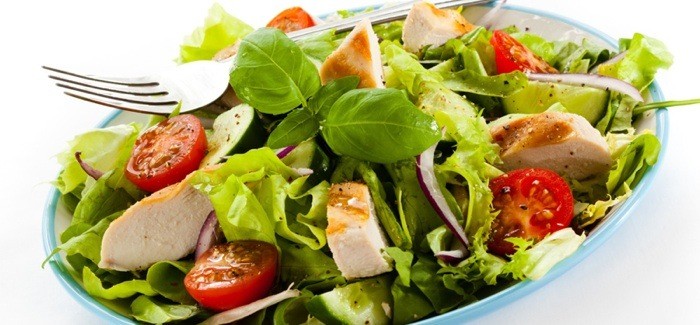All throughout high school my mom would constantly harass me for listening to music while doing my homework. She always told me that I would get my work done so much faster and more accurately if I completely my work in a silent, distraction free environment.
A study was recently done at the University of Wales to figure out the truth around this common problem. The students were broken up into five groups, each with a different condition while doing homework.
These were the five conditions as listed in the report of the study:
“1. A quiet environment
2. With “steady state” speech. This means a single word (in this case, “three”) was repeated for the duration of the test
3. With “changing state” speech. This means a variety of words (in this case, random digits from 1-9) were played during the test
4. With “liked” music, meaning a song of the students choice (such as Lady Gaga, Rihanna, or Arcade Fire). Students brought in their own music, the only requirement was that it had to have vocals
5. With “disliked” music, which in this case was a metal song called “Thrashers” by Death Angel (all students in the study disliked metal)”
The researchers thought that the students who used changing state speech would have the hardest time on the assessment because of the random words and letters being said. They thought this would be a lot more difficult to “tune out” than a steady state speech which would be more similar to a loud heater. What the results found though, was that the students with any type of noise, no matter what it was performed worse on the test than those who took it in complete silence. This seems to prove that listening to music, or any sound will make you complete your work with less quality than if completed in a silent environment.

Another study, conducted in a University of Maryland, Baltimore (UMBC) psychology class showed similar results to the study discussed above. Thirty two students were broken up into three groups while taking a simple math assessment. One group listening to soft piano-only music, another to loud, heavy metal music, and the last group took the test in a silent condition. The results of this study also showed that test taking in a silent condition yields much higher test results than those with noise distractions.
Both of these studies were pretty elaborate in the ways that they conducted their studies and made sure that confounding variables would not be an issue. They do not test the relationship between listening to music while studying, compared to listening to music during the test, and if you do both etc. But I expect the results of that would be similar to the post that I wrote about studying vs taking a test while drunk.
http://www.mindthesciencegap.org/2012/10/08/does-music-help-you-study/
http://ui.ibsrv.net/ibsrv/res/src:cdn.ultimatecoupons.com/get/blog/wp-content/themes/ucv2/core/thumb.php?src=http://www.ultimatecoupons.com/blog/wp-content/uploads/2010/10/ipod-study.jpg&w=640&h=240&zc=1&q=90
http://www.studentpulse.com/articles/762/2/the-impact-of-listening-to-music-on-cognitive-performance?ab=scroll_left&utm_expid=22625156-1.Wovr3IOcQ7OKnauEqV69-g.1&utm_referrer=http%3A%2F%2Fwww.studentpulse.com%2Farticles%2F762%2Fthe-impact-of-listening-to-music-on-cognitive-performance%3Fab%3Dscroll_left














